This article is written by a student writer from the Her Campus at UCF chapter and does not reflect the views of Her Campus.
Trigger warning: This article includes themes of conversion therapy and brief mentions of depression, PTSD, and suicidal thoughts.
A major turning point concerning the rights of LGBTQ+ youth has emerged this Tuesday, with Colorado’s ban on conversion therapy in question after licensed professional counselor, Kaley Chiles, claimed that her right to free speech was being encroached on by the ban.
The U.S. Supreme Court heard oral arguments against Colorado’s conversion therapy ban, with some news outlets claiming that the Supreme Court seems ready to overturn the ban. The ban, as it currently stands, prevents mental health professionals from seeking to change a minor’s sexual orientation or gender identity. Although conversion therapy still exists in some unregulated or informal settings, Colorado’s ban plays a crucial role by preventing licensed professionals from offering it, thereby reducing its reach and protecting many LGBTQ+ youth from potential harm.
Conversion therapy refers to a vast range of practices that attempt to change an individual’s sexual orientation or gender identity. The therapy, a widely controversial practice, is often discredited by medical and psychological associations. The practice of conversion therapy is associated with the outdated medical belief that homosexuality is a mental disorder that needs to be treated. The American Psychological Association has stated that the practice is not only ineffective but also psychologically harmful.
In 2012, California became the first state to place a ban on conversion therapy, followed by more than 20 states. Following the Supreme Court’s decision in the case of Kaley Chiles, expected in June, the bans in other states on conversion therapy may come into question. This could leave many LGBTQ+ youth vulnerable to harm across the country.
California’s ban on conversion therapy for minors was put into place in 2012 due to an overwhelming amount of evidence proving the harm the therapy poses to youth. Several studies, including one led by Stanford Medicine researchers in 2024, have found that conversion efforts are linked to depression, PTSD, and suicidal thoughts in LGBTQ+ adults.
Therefore, it can be challenging to comprehend why the Colorado ban would be challenged and how the U.S. Supreme Court might be inclined to rule against it.
Chiles claims that the ban is in direct violation of her right to free speech. Her representatives claim that the ban may constitute viewpoint discrimination, which would be in direct violation of the First Amendment. As an evangelical Christian, Chiles believes that the ban prohibits her patients from living a life that aligns with their religious beliefs.
Now, the Supreme Court must decide whether the evidence of harm that conversion therapy poses to the LGBTQ+ community is substantial enough to keep the Colorado ban in place, despite Chiles’ concerns. James Campbell, a representative of Chiles, urges the justices to declare the law unconstitutional, which would prevent the case from being sent back to the lower court.
The outcome of this case could set a powerful precedent, determining whether individual speech rights outweigh the state’s interest in protecting vulnerable youth from harm.

.jpeg)





















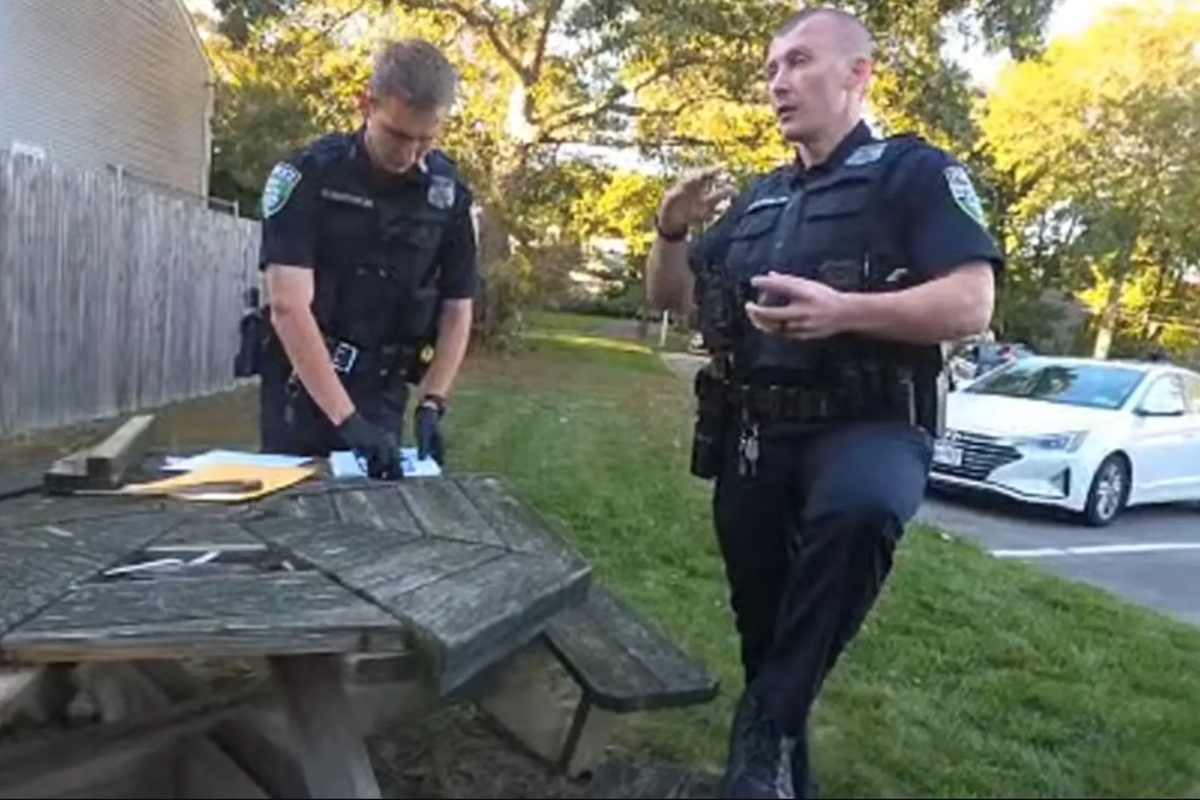
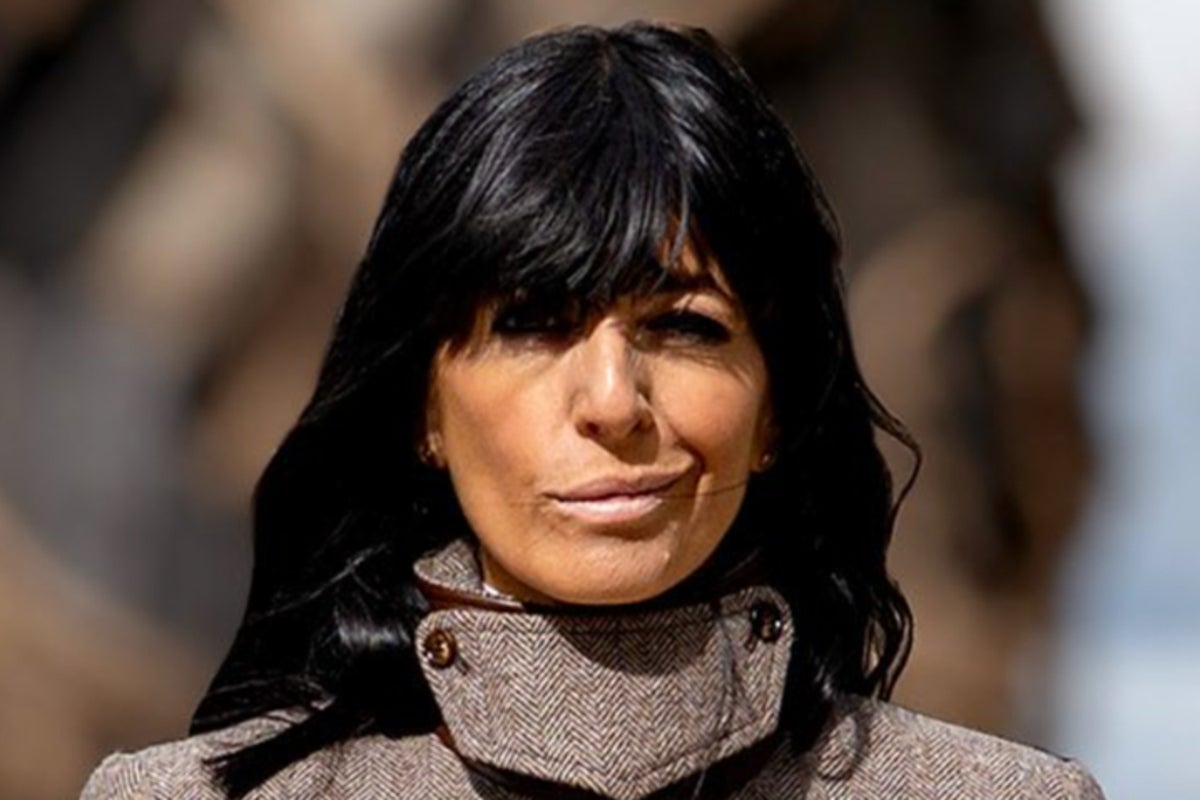





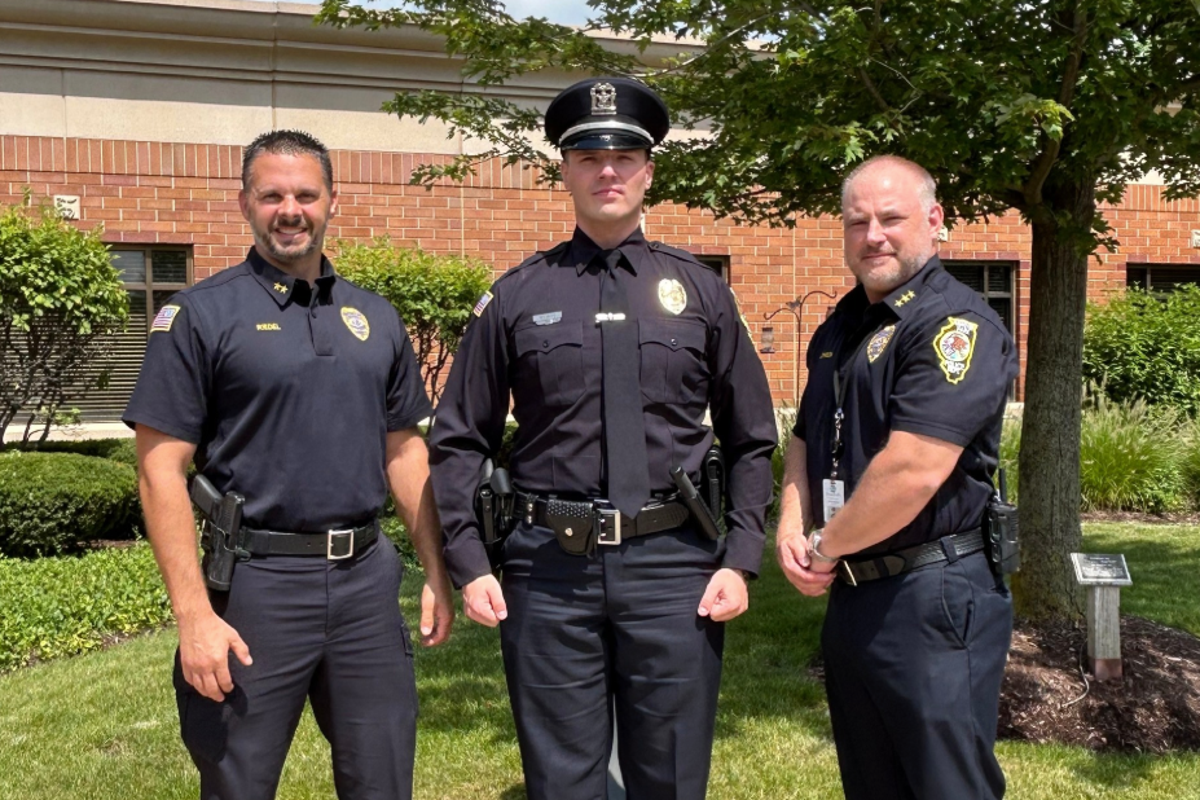

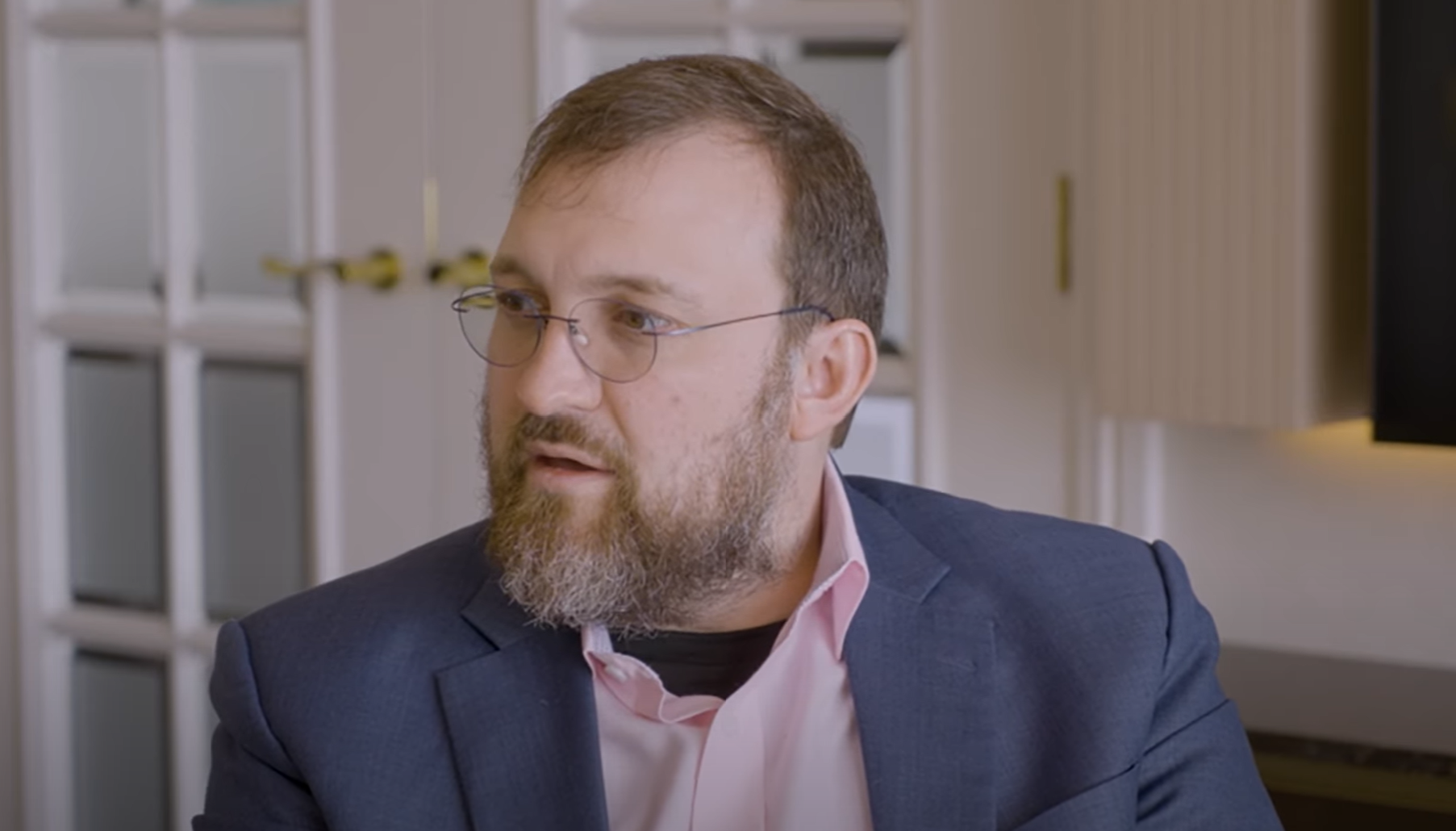
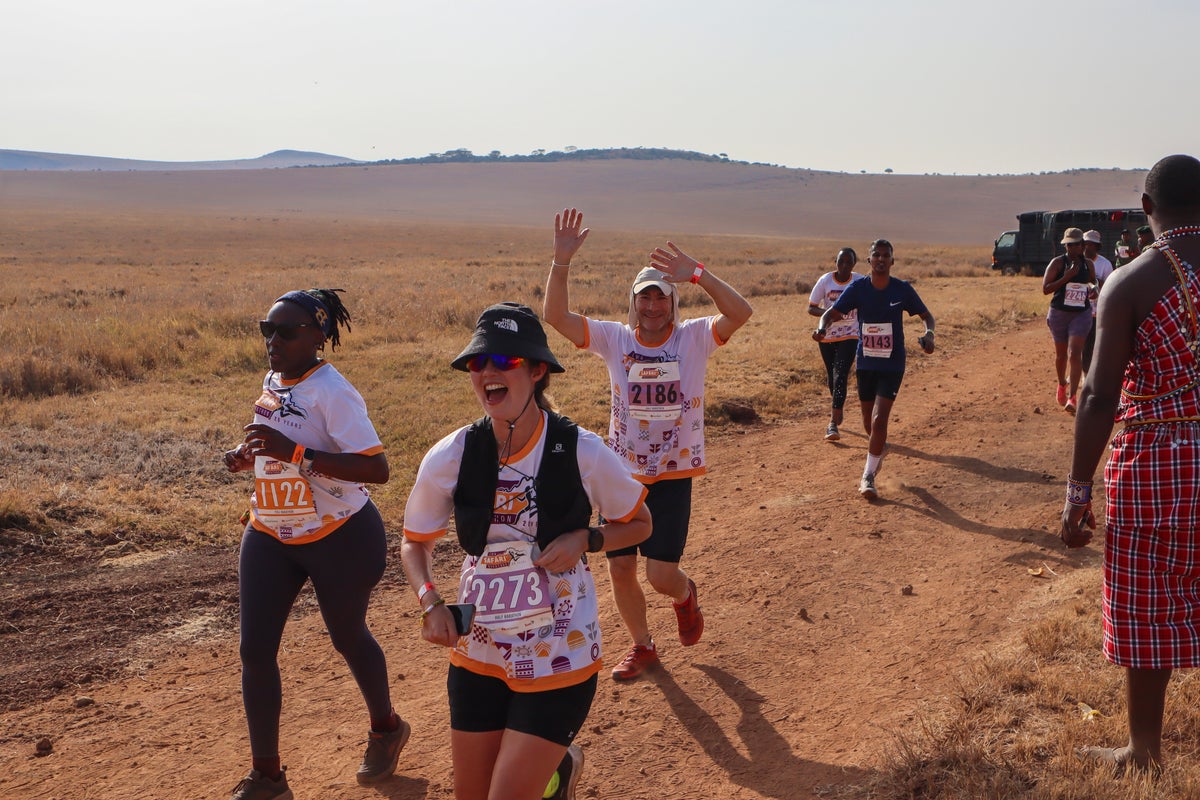



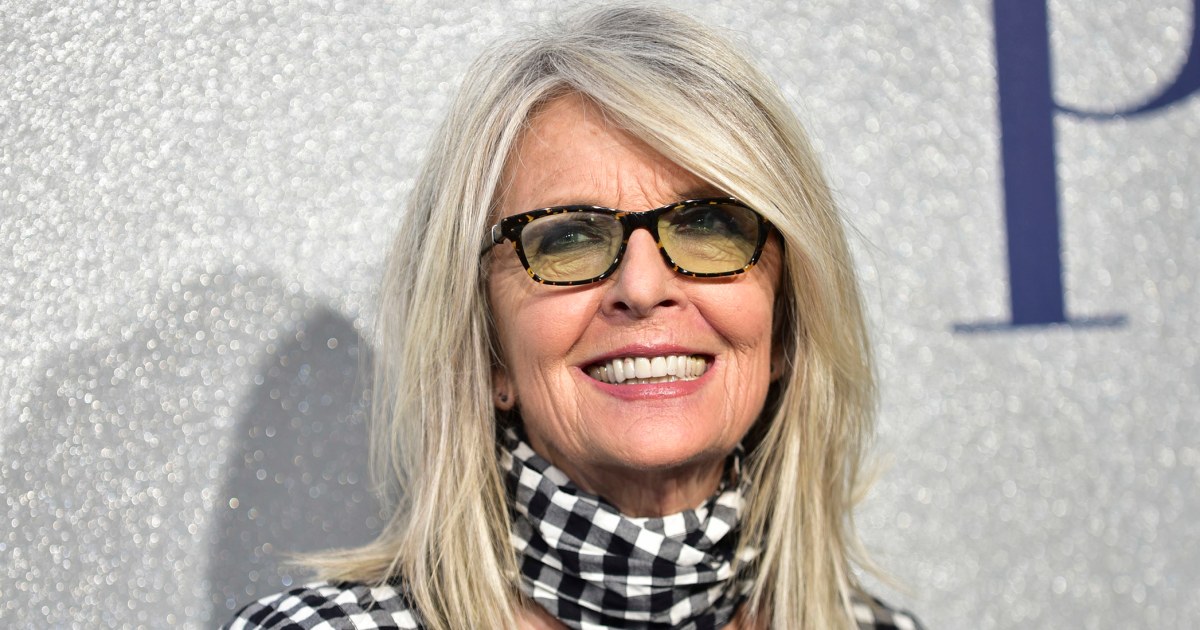
 English (US) ·
English (US) ·